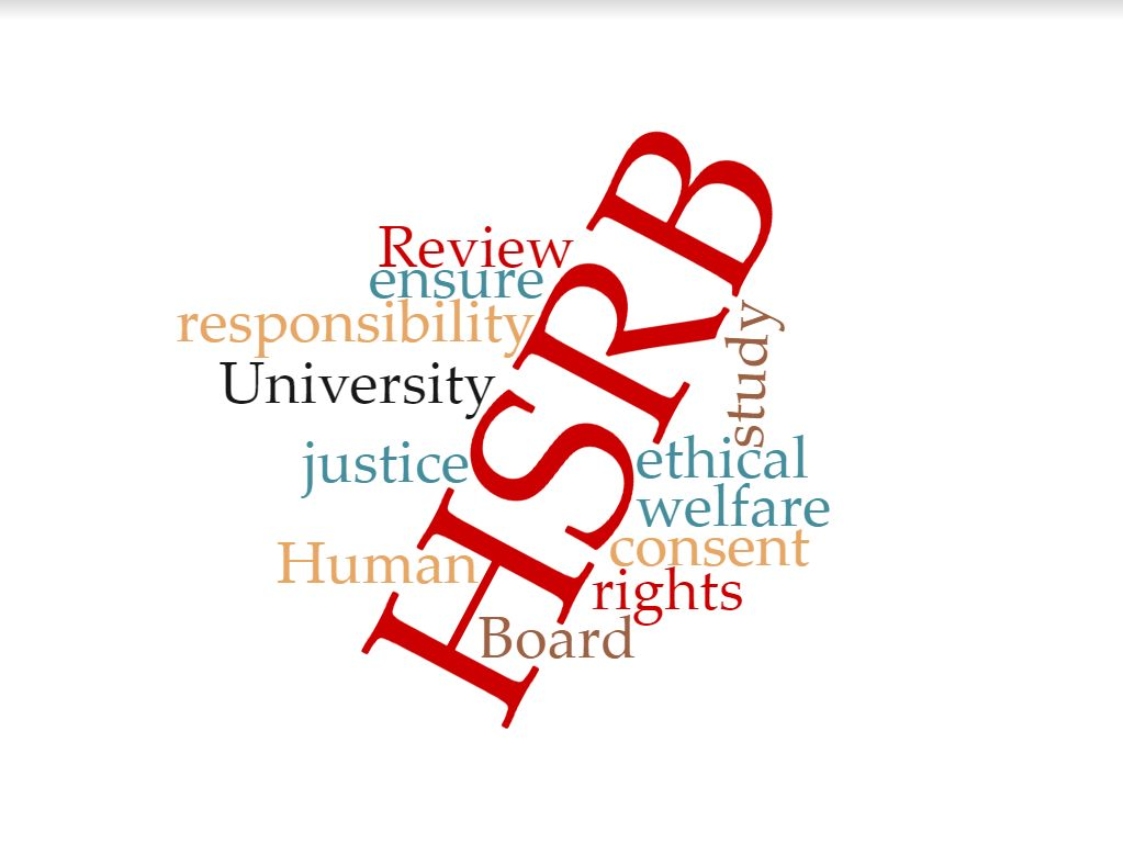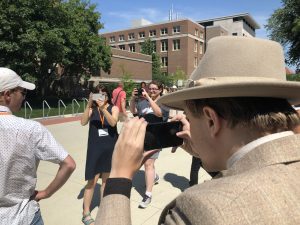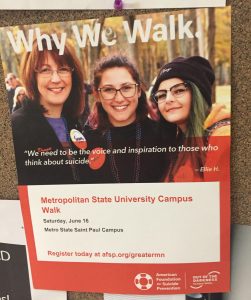
Rachel Hagen
Rachel Hagen is a guest writer and currently enrolled at Metropolitan State University.
Share this article:
Before an experiment can be conducted on human beings at Metro State, it must pass muster with the Human Subjects Review Board (HSRB).The HSRB is responsible for reviewing research proposals from faculty and students. The board determines whether any ethical concerns must be addressed by the researcher.
Dr. Therissa Libby, incoming chair of the HSRB and assistant professor of Human Services, strongly believes in the importance of the HSRB’s role in protecting vulnerable populations. The HSRB was established by university policy #2060 and requires that research study “participants must also be guaranteed freedom from coercion and undesirable consequences.” The board is an advocate against exploitation and malfeasance in all research studies, Libby said.
The HSRB consists of one representative from each college, plus a Metro State senior or graduate student, an administrative member, and an individual who is not affiliated or related to someone within the university. Training is provided to the members, and they are expected to serve three years to gain mastery of the review process. The board meets monthly.
Research proposals are categorized based on their assumed risk factor to participants, and then reviewed by the HSRB in smaller groups. This speeds up the review process in an efficient and effective way.
“Full board review is very rare at Metro,” said Libby. “Most projects are expedited — minimal risk— or exempt. Last year, we had one full board review. About two-thirds of our reviews were expedited.” The HSRB reviewed 90 proposals in the past year.
Most proposals are exempt because they do not require the direct or indirect collection of human data. Exempt proposals are required to fill out a separate exemption form to be submitted to the review board. Expedited review occurs when minimal risk is perceived in an experiments.
Animal testing is not conducted at Metro State, but a rigorous review process is required for it.
“The only animal research currently done is on organisms that do not fall into reviewable categories. For example, flies and worms,” said Libby. “We don’t currently have the type of animal care and use facilities that support research on, say, rodents. If research at Metro heads in that direction, we will create an animal care and use committee to review those proposals.”
Transparency and accessibility are essential for success of researchers entering the review process, said Libby. The HSRB website provides answers to frequently asked questions and an overview of the review process.
Federal regulations require educational institutions to operate review boards to protect the rights of individuals participating in experiments and guarantee informed consent.
The regulations aim to prevent exploitative experiments like the U.S. Public Health Service Syphilis Study at Tuskegee. Subsidized by the federal government, researchers recruited impoverished, illiterate black men in rural Alabama to participate in a study in exchange for free health care. From 1932 to 1972, researchers studied the men yet did not inform them that they were being infected with syphilis. The men were not given penicillin, a drug proven successful in treating syphilis. This not only affected the men participating in the study, but also family members consequently exposed to the disease.
The HSRB is a proactive measure to secure the health and wellbeing of those participating in research studies at Metro State.
But Libby sees the work of the HSRB as far more than a safeguard against abuse. “I see the process as not just preventative, but educative. It’s an opportunity for students to engage in critical thinking,” she said.




